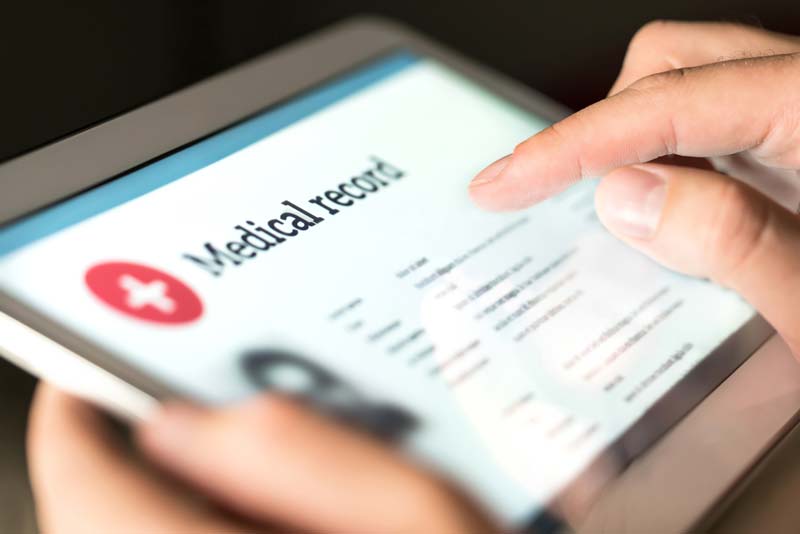When I was a junior in college, my computer got hacked. It was a silly mistake that anyone older and wiser than a naive 20-year-old college student would know how to avoid, but it put me in some serious trouble. I had all my security information on my computer – I used cookies for nearly every website and used the easiest methods I could to upload my secure information.
In other words, when someone got control of my screen, I was doomed.
Thankfully, I called my mom in a frenzy and she was able to guide me through the panic with no harm done to my security. Since then, I have become much more cautious with how and when I share my personal information, as this scheme I fell pawn to is all too common these days.
The cons to technological security
The thing about technology is that it gives us every excuse to be lazy – we can do all our shopping online and let the system plug in our information for us. Even when we do go out to buy something, we don’t even have to pull out our card and swipe it – we just hold up our phone. This can make it all too easy for our security to be compromised when we keep it all saved on one device.
Are millennials clueless to this potential danger, or do they just not care?
The stats
A Gallup poll found that 80 percent of millennials trust in companies they do business with to keep their information secure. Surprisingly enough, that number aligns with that of the older generations. However, they do exhibit more trust in their banking companies than older generations, demonstrating 67 percent of trust in the institution compared to 56 percent from non-millennials.
That being said, millennials aren’t just trusting blindly. A whopping 70 percent of millennials said they believe the security of their information could be compromised in upcoming years. In other words, they’re aware of the risks but have enough trust in the institutions to believe that nothing terrible will happen to them.
What does this mean?
Because millennials grew up in the age of technology, they have little regard for their online privacy. Sharing information online never came as a cultural shock to them – it’s just what everyone does. But they still recognize the risks, having grown up with those, as well.
The history
Every day, companies’ securities are being breached. This last April, it was reported that back in 2017, the familiar restaurant Panera Bread had its website breached, and the business had to take their website offline. As many as 37 million customers had been affected.
It’s hard to forget the data scandal of Facebook just this last March. A political data firm called Cambridge Analytica collected information from over 87 million users. As if that’s not enough, just a few months later, an app called nametests.com accessed and exposed over 120 million users’ information.
So does this mean that millennials are wrong about how they perceive cyber security, or that the baby boomer generation is right in their cautious skepticism? Absolutely not. It means every generation has a perspective to offer. Millennials’ perception of cyber security can be a huge benefit to organizations because have learned to be skeptical of outside sources asking for their information. (We all know at least one grandma who wanted to send thousands of dollars to an unnamed prince in some made-up county) They know what extra precautions should be taken and what steps might not be worth it for additional security.
Millennials might be more trusting than other generations, but they know that trust must be earned. Keep that in mind when you’re considering whether or not to add a millennial to your work team.
by: Emily Brady

Emily Brady is a content writer for AFEUSA. Her education in Communication Sciences with an emphasis in journalism from Brigham Young University makes her a great fit for AFEUSA. Emily enjoys writing and often works as a freelance writer in her free time.
